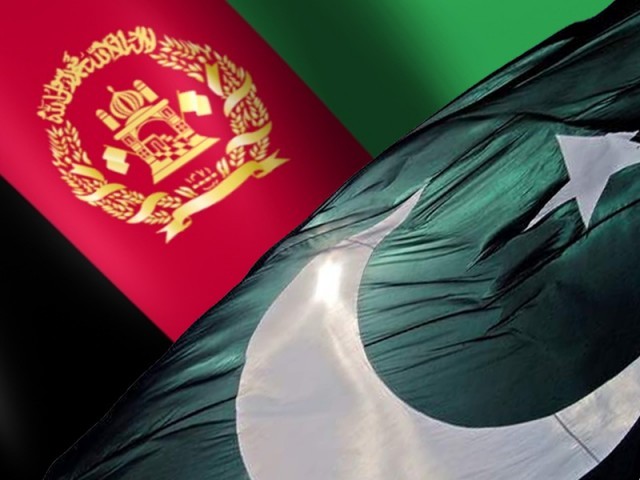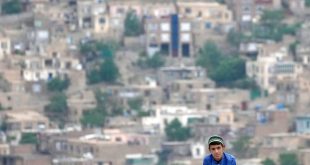Afghanistan was hosting the first person of Pakistan on Friday who paid an official visit after he was invited by our president, a trip that the two sides have bunches of expectation from each other to normalize the delicate relations that has recently deteriorated.
This is the first visit of Shahid Khaqan Abbasi to Kabul since he took office last year after his predecessor Nawaz Sharif was disqualified as prime minister by Pakistan’s Supreme Court.
The first and most important issue that Kabul and Islamabad accuse each other of causing endangering security in their respective territories is the armed opposition groups. Pakistan is shouting that the Tehrik-e-Taliban Pakistan, an armed opponent group that often launches attacks against Pakistani institutions, is based in the mountainous areas of eastern Afghanistan, near the border to tribal regions. Islamabad pretends this as a card to play in negotiations with the Afghan officials. The claim of the Pakistani Taliban’s existence in the Afghan soil is a pretext to mislead the world’s opinions from its support to the anti-Afghanistan armed groups like the Taliban and Haqqani network.
Pakistan is now under heavy pressures by the international community, especially after the US new strategy on Afghanistan and the South Asia that blames Islamabad for harboring extremist groups and not seriously working in combat terrorism.
Afghanistan has a great opportunity to give evidences over Pakistan’s hand in instability here and can use this chance to convince Pakistan come to the union of anti-terrorism. There are some major economic projects that Pakistan needs to bolster its economy. The Turkmenistan pipeline that injects natural gas to Pakistan and India and the CASA-1000 power line to Pakistan through Afghanistan are the elements that need Islamabad’s real cooperation in eliminating the long war and bringing peace in Afghanistan.
Unfortunately, Pakistani officials have lied several times that they were cooperating with the Afghan government and the international troops stationed in the country to uproot terrorism and extremism. This time, Pakistani statesmen should give a reliable guarantee because their games are over. Afghanistan’s initiative regarding a ‘third country’s monitoring in implementing the Afghan-Pakistan Action Plan for Peace and Stability is in fact a very good measure to ask an impartial state to supervise the two countries’ efforts in fight against terrorism and other bilateral issues.
In this regard, Afghan government should be very cautious and serious to pressure the neighboring country to join the regional peace efforts. Afghans have been always ready to shake the hands of Pakistanis as brothers and friends and are still in this stance, but this is Pakistan government to shake our hands. We never forget Pakistanis’ hospitality of millions of Afghan migrants during the war years, but this does not mean that we ignore their unfriendly acts.
The government of Afghanistan is asked to bravely sit behind the negotiation table with interlocutors from Pakistan and share concerns very seriously because we had frequently considered the co-existence in the past that was unfortunately misused by Islamabad.
 Afghanistan Times
Afghanistan Times


